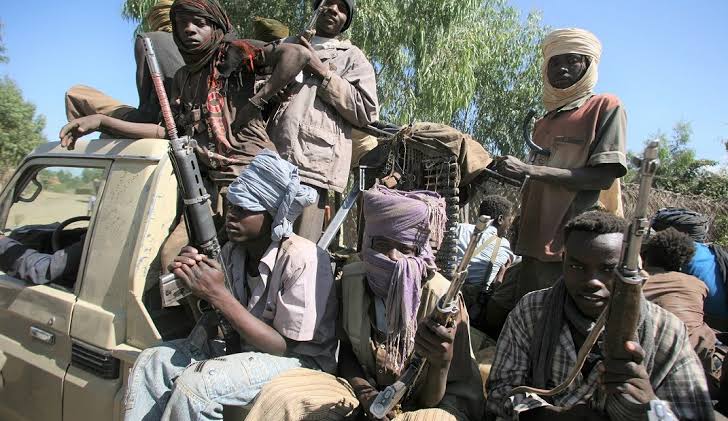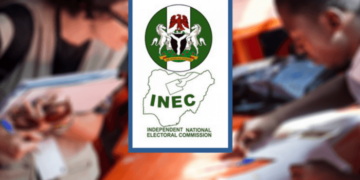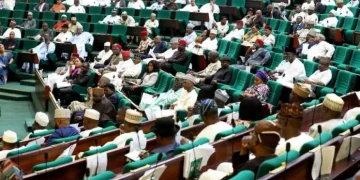Federal and state governments in the South East have been asked to initiate safe corridor programmes for low-risk members of the non-state armed groups (NSAGs), as part of long-term measures to address the radicalisation and violence ravaging the region in the past few years.
The call was contained in a Nextier research report titled, “Southeast’s Belt of Violence: Between Radicalisation and Deradicalisation”, authored by Dr. Chukwuma Okoli, an associate consultant at Nextier and a lecturer at the Political Science Department of Nnamdi Azikiwe University, Awka and Dr. Ndu Nwokolo, managing partner at Nextier and an honorary fellow at the University of Birmingham School of Government, United Kingdom (UK).
According to them, the safe corridor programmes, which will target young men and women who may have been forcefully conscripted into armed gangs, should include skills acquisition and psychological/social supports to enable them to reintegrate into society.
Security agencies have repeatedly blamed perpetrators of the recent violence in the Southeast on “unknown gunmen” and factions of the Indigenous People of Biafra, often seeking to enforce sit-at-home orders meant to force government’s hand to release the group’s leader, Nnamdi Kanu, as well as other miscreants who have hijacked the fragile situation to commit crimes unrelated to any agitation.
Nextier defined the ‘southeast’s belt of violence’ as a vast area consisting of about 20 interconnected local government areas which form an unbroken forest line that runs through the five Southeast states.
The report read “From Oguta LGA in Imo and Ogbaru LGA in Anambra, it connects Ihiala, Okigwe, Orlu, Umunneochi, Ideato, Orsu LGAs in Imo state with areas Ihiala, Nnewi South, Aguata, Orumba South LGAs in Anambra State. It runs through Oji River, Awgu, and Aniri LGAs in Enugu state, connecting Ebonyi state through Ivo and Afikpo LGAs and then proceeds through Isiukwuato and Bende in Abia State.
Aside the safe corridor, Nextier suggested deepening government presence in the southeast’s belt of violence as many communities across there do not feel the impact of the government, especially not having access to good healthcare, education, or basic amenities like pipe-borne water, electricity, and the likes that can reduce the impact of propaganda deployed by the NSAGs to win the sympathy of such communities.
They also recommended that part of the soft approaches to the deradicalisation of the Southeast’s belt of violence is to partner with the civil society – including faith-based – and private sector, particularly credible consulting firms that would provide their expertise in knowledge creation on radicalising the target locations and designing effective evidence-based deradicalisation programmes.
We’ve got the edge. Get real-time reports, breaking scoops, and exclusive angles delivered straight to your phone. Don’t settle for stale news. Join LEADERSHIP NEWS on WhatsApp for 24/7 updates →
Join Our WhatsApp Channel










